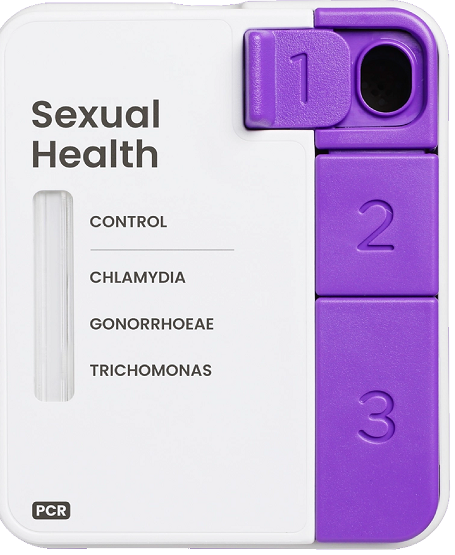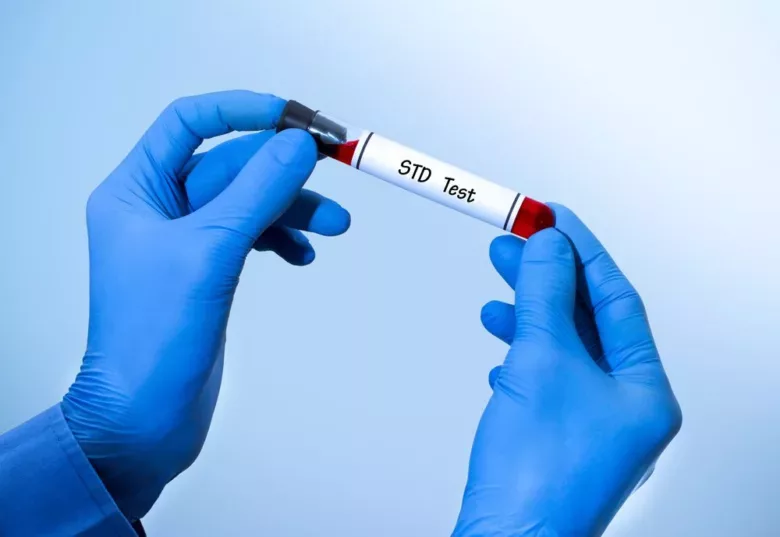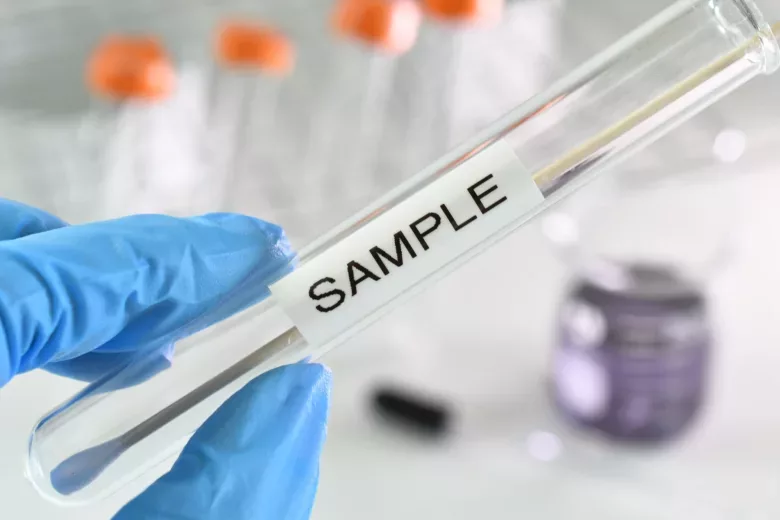It is a nightmare for anyone diagnosed with sexually transmitted diseases (STDs) or sexually transmitted infections (STIs). An open discussion about venereal diseases is often discouraged or hushed down, no matter which part of the world you live in. Getting tested by a trusted clinic is the only way to determine if you have an STD since many of these diseases are asymptomatic. There are various STD tests for men and women, of which a few procedures are common to both, while some are different.
Everything you need to know about STD testing
If you are concerned you might be infected with some STIs, the first step would be to consult an expert. Many remain unaware of the potential danger an STI could cause and ignore it till conditions worsen. Unfortunately, not all sexually transmitted infections vanish overnight. Some could even be lethal and must be checked up immediately. Your doctor may prescribe you an STD screening if you are asymptomatic. But if you are showing definite signs of the illness, definitive STD testing is what you are looking for.
As STIs spread through bodily fluids, like saliva, pre-cum, semen, ovum, vaginal lubrication, and breast milk, collecting either urine, saliva, tissues, or blood is the standard procedure to conduct the tests. Both men and women need to go through the same procedures to get accurate results. There are, of course, personal kits for STD testing available in the market. While it feels private and secure to do the tests at home, the results can be inaccurate.
The probability of STDs developing from STIs increases the longer the infections go untreated. Consequently, your risk of developing venereal infections is higher if you engage in unprotected penetrative sex or any kind of physical intimacy (that includes exchanging biofluids) with a partner or multiple partners carrying STIs.
Signs of STDs in males and females
Symptoms of STD in women and men may vary depending on the disease contracted. STIs and STDs such as HIV (Human Immunodeficiency Virus), HSV (Herpes Simplex Virus), Chlamydia, Trichomoniasis (or, trich), Gonorrhea, HPV (Human Papillomavirus), etc, do not often show clear signs initially. However, there are some common symptoms that all sexually transmitted diseases and infections share. These are:
- Fatigue
- Fever or chills
- Loss of appetite
- Headache
- Swollen lymph nodes
- Muscle or body aches
- Burning or itching in the infected area
- Unusual bleeding or discharge from genitals (vagina, penis, and anus)
- Frequent urge to urinate and pain during urination
- Genital warts
- Painful sexual intercourse
Although most common STDs present these symptoms, there could be other invisible signs of STDs present in the body. If a man or woman experiences one or more of these symptoms, they should immediately do a routine STD testing at a nearby clinic or consult their primary doctor for guidance.
Necessary guidelines to follow before STD testing
There are no hard and fast rules for a person doing an STD test. The only thing one has to keep in mind is that one needs to pee a couple of hours (at least) before showing up for the urine test. As the DNA of the pathogens would be collected from the urine sample to diagnose the kind of STI lurking in the body, the first few drops of pee are very important. There are no such DOs and DON’Ts for blood and swab STD tests.
Various kinds of STD tests available for females and males

The STD tests help identify the foreign presence of an infection in the body. But, they do not always deliver authentic reports as these tests are very sensitive, and any error in the process would corrupt the outcomes. For example, if you choose to get tested for an STI during the window period or if you ignore the two-hour rule for urinating before the test. The window period is the amount of time an infection takes before showing up on the test reports. Or, even a careless swab sample could meddle with the test results. To detect various STIs, there are a few testing methods available. These are:
Swab tests
Swab tests are either done by rubbing the swab on the inside of the cheeks, tongue, or throat and collecting the saliva from there. Not all STIs need a saliva test like Syphilis and genital Herpes. In that case, the tissues of the infected site are collected with a swab. There are separate swab tests for men and women based on their genitalia. These are:
- Swab tests are done by inserting swabs into the woman’s cervix (Pap Smear), mainly for the Human Papillomavirus.
- A swab is inserted into the urethra of a man’s penis to collect the specimen from there, especially when testing for Chlamydia.
Urine tests
Men and women suspected of having Chlamydia or Gonorrhea are prescribed to do a urine STD test. Patients are told to bring their urine in a container to the clinic.
Blood tests
STIs like HIV, Syphilis, Hepatitis, and HSV require blood tests. This is applicable to both sexes.
Physical Exams
STIs are sometimes diagnosed by running a physical exam on the male or female patient. These are thorough check-ups of:
- Any discharge from genitalia, ulcers, or rashes
- External examination of vaginal, penile, or anal condition
- Inspecting enlarged lymph nodes
- Any infected site on the skin or in the genitalia is analyzed
Is STD testing different for males than females?
No, STD testing is no different for men than women. The long-lost painful tradition of poking a swab through a man’s urethra is still there in some inexpensive clinics, but it has mostly gone out of practice.
Why Is It Important to Test for STDs?
Testing for common STDs is very crucial for the following reasons:
Asymptomatic infections: Many STDs can be present without causing symptoms, which means people may unknowingly have an infection and continue to spread it. Regular testing helps identify these asymptomatic infections, allowing for timely treatment and prevention of further transmission.
Early detection and treatment: Testing enables early detection of common STDs, crucial for effective treatment. Early intervention can prevent disease progression, and reduce complications
Protecting sexual partners: By getting tested and sharing your results, you can make informed decisions together about safer sex practices such as using condoms or other barrier methods.
Prevention through education: STD testing provides an opportunity for healthcare providers to educate individuals about safe sex practices, risk reduction, and the importance of regular screenings.
Pregnancy and childbirth: Testing during pregnancy helps identify and treat any common STDs that could harm the unborn child. Proper management significantly reduces the risk of transmission to the baby.
Choose the best STD testing facility at Affordable Rapid Testing, Phoenix
Get out of your stigmatized thinking and start treating your STD asap. At Affordable Rapid Testing, they offer quick and simple same-day STD testing in Phoenix. The lab also provides quick results and thorough guidance with complete privacy. You can also opt for walk-in STD testing and avail the benefit of same-day results. Check out their website to learn more.


